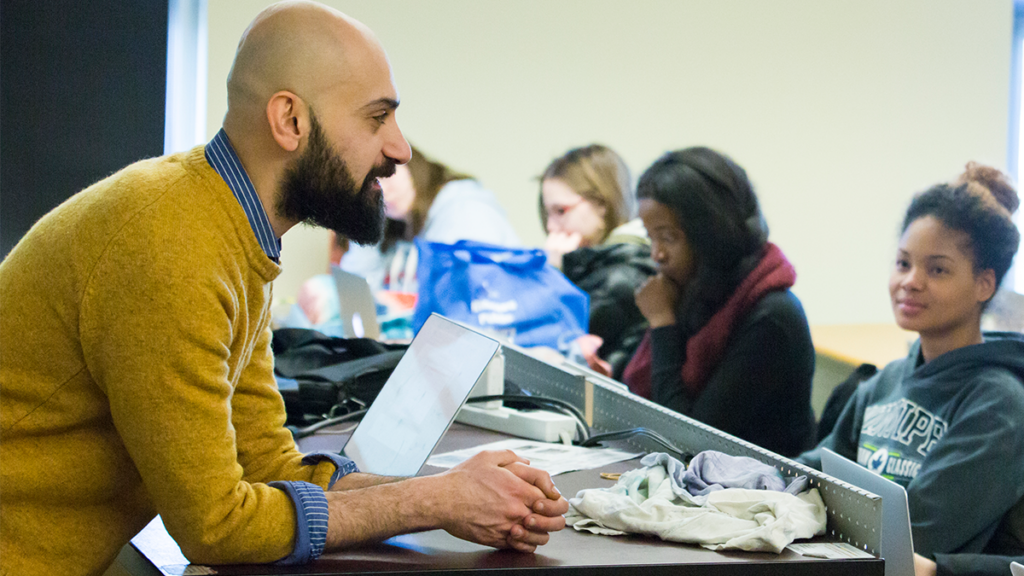Library Support to Increase OER Adoption
Increase Adoption of OER and Electronic Resources: A Key Action for High-Quality Learning
As indicated as a key action of high-quality learning at Red Forum 2022, the Library Team is here to help support instructors in finding high-quality electronic educational resources. The pandemic has blurred the lines between” in-person” learning and “remote” digital classrooms. The RRC Polytech Library is here to support instructors in locating resources that can withstand the need to shift learning environments nimbly.
We invite instructors who may have struggled with format shifts using their current teaching materials, or those who are seeking alternatives to current textbooks, to consider the shift to Open Educational Resources (OER). These are educational materials such as textbooks, problem sets, slide decks, lesson plans, handouts, infographics, and other educational content that can be used for free and without permission.
Advantages of OER
OERs are published under an open license, such as Creative Commons. This allows several key advantages:
- Instructors can switch the format of materials with ease and without concern for the violation of copyright, these resources can be printed or remain in digital versions for students.
- Instructors can Retain, Reuse, Revise, Remix and Redistribute the materials freely without violating copyright.
- OER use allows for cost savings for students when suitable OER can be located to replace course materials students pay for out of pocket.
More Information

Learn more about OER as well as past faculty education sessions held over the past two years: visit the Faculty Support OER Page.

See the impact of our current OER use at RRC Polytech in this 2-minute video: OER Impact Video.

Find support at the RRC Polytech Library to get started with OER: contact the Copyright Officer.
Written by Ebony Novakowski – Copyright Officer

